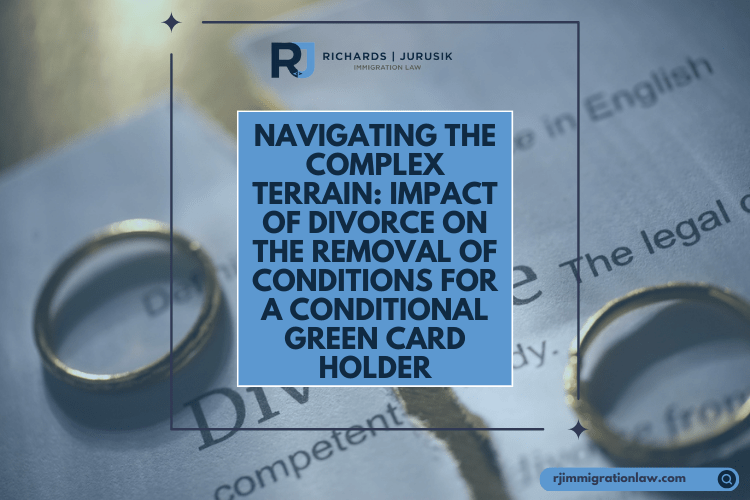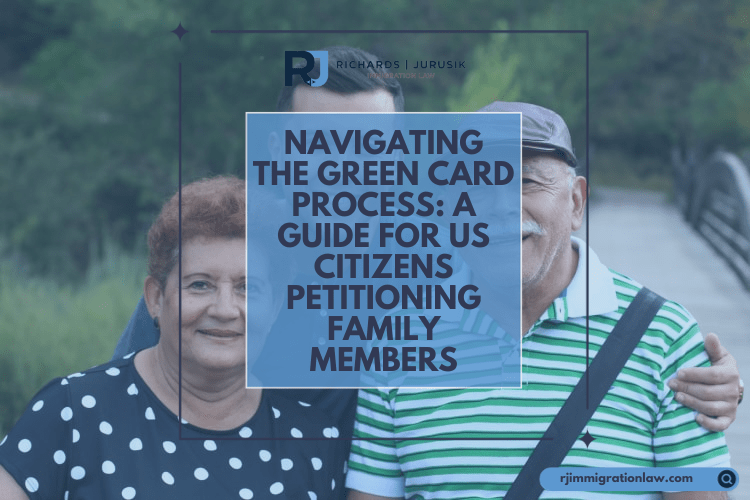Applying for a marriage-based green card is a meticulous process that demands precision and attention to detail. Unfortunately, oversights and errors are not uncommon, often resulting in the denial of numerous applications yearly. This guide delves into the primary reasons behind these rejections, offering insight and advice to bolster your application.
1. Navigating Paperwork: The Devil’s in the Details
The application process is fraught with opportunities for mistakes, from incomplete forms to missing critical evidence or documents. The significance of triple-checking each aspect of your submission cannot be overstated. Accuracy is paramount, ensuring all forms are meticulously completed and accompanied by comprehensive evidence of a legitimate marriage, such as the marriage certificate. Common oversights in this area are frequently cited reasons for application denial.
2. Historical Hurdles: Overcoming Past Challenges
Your immigration and criminal history play a critical role in assessing your application. Past infractions, such as visa overstay, deportation, or fraudulent activities aimed at gaining U.S. immigration benefits, are significant red flags for USCIS. These historical markers can heavily influence the outcome of your application.
3. Authenticity of Marriage: Proving Your Union
The genuineness of your marital relationship is under scrutiny. It’s essential to demonstrate that your marriage is not solely for immigration benefits. Evidence such as joint financial accounts, property leases, photographs, and affidavits from friends and family can substantiate the authenticity of your relationship. Inadequate proof of a genuine marriage is a common reason for denial.
4. Financial Independence: Avoiding the Public Charge Label
USCIS evaluates your likelihood of becoming a financial burden on the state. Criteria such as age, health, financial stability, educational background, skills, and family situation are considered. Demonstrating financial independence and the ability not to rely on government assistance is crucial.
5. Health and Safety Concerns: Meeting Medical Standards
Certain health conditions can lead to application denial. Contagious diseases, failure to meet vaccination requirements, or conditions that pose safety threats can deem an applicant inadmissible. Ensuring you meet all health-related prerequisites is essential.
While this guide highlights the five most common pitfalls in marriage-based green card applications, it’s important to remember that each case is unique, with various factors potentially affecting the outcome. For a tailored approach and to navigate the complexities of your application, consulting an immigration attorney is advisable.
Subscribe to Our Resources Blog
Schedule a Consultation with an Immigration Lawyer
Additional Outside Resources
We Can Help!
You may have questions regarding permanent residency in the U.S. through marriage. We invite you to contact our team at Richards and Jurusik for detailed guidance and assistance. We aim to provide the most accurate and up-to-date information to make your immigration process smoother and less stressful. The immigration lawyers at Richards and Jurusik have decades of experience helping people to work and live in the United States. Read some of our hundreds of 5-star client reviews! Contact us today to assess your legal situation.







